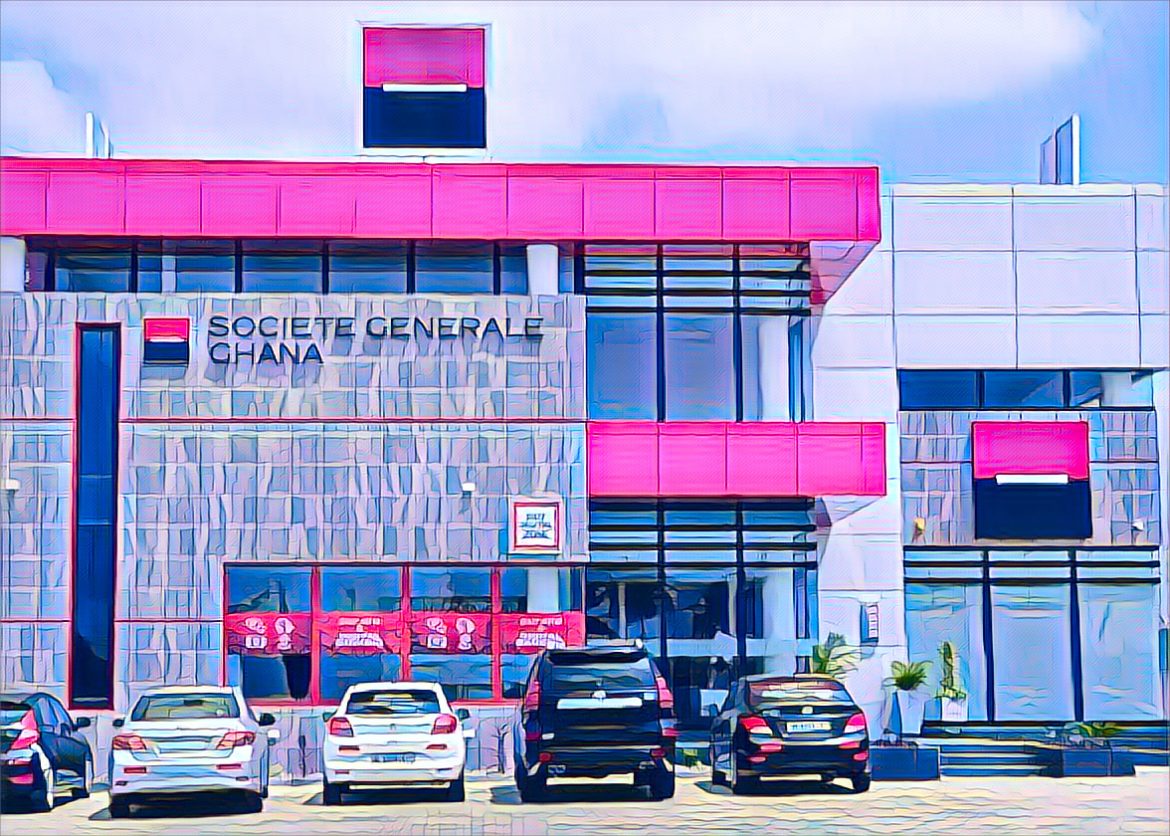The Governor of the Bank of Ghana (BoG), Dr. Ernest Addison, recently said that a higher degree of transparency will be required with regard to the current sale of shares in Societe Generale (SG) Ghana. This follows announcements on the SG Group’s intention to divest and leave the Ghanaian market from its French parent company, SG Group, which has a sizeable 60.22% interest in SG Ghana.
At a press conference when the policy rate of the central bank was revealed, Dr. Addison emphasized how crucial it is to have an exhaustive roster of all individuals and organizations indicating their desire to purchase shares in SG Ghana. He disclosed that, in spite of the enthusiasm in the financial community, the Bank of Ghana had not received formal notification from SG Group or its Accra branch regarding the sale, prompting him to proactively reach out to their subsidiary in Cote D’Ivoire. Dr. Addison’s insistence on transparency is aimed at preventing any surprises that might arise from undisclosed dealings in the sale process.
The lack of initial communication from SG Ghana’s management about the sale led to uncertainty among stakeholders and investors. This was evident during the bank’s Annual General Meeting in Accra, where SG Ghana’s Managing Director, Hakim Ouzzani, briefly addressed the rumors of the bank’s exit from the Ghanaian market without providing substantial information, thus leaving many questions unanswered.
The deliberate departure of SG from Ghana is consistent with a wider African trend that has seen French banks recalibrate their global operations. In response to this scenario, Fitch Ratings has stated that pan-African banks will have significant opportunities for growth through organic expansion as well as mergers and acquisitions as a result of SG’s and other French banks’ exit. These exits do, however, also provide certain immediate difficulties, particularly with regard to the sold firms’ credit ratings and financial stability.
For example, there has been an apparent decrease in French banking activity throughout Africa after SG announced that it was selling its Moroccan operations to Saham Group and contemplating selling from other African subsidiaries. This withdrawal is a component of French banks’ larger plan to concentrate on more profitable and less strict market regulations, as they face profitability challenges and high regulatory demands in Africa.
Due to these exits, the banking sector’s structure in Africa has changed, which is expected to lead to more competition between local and regional banks. Organizations such as Vista Group and Coris Bank have initiated steps to leverage these prospects. For instance, Vista Group has acquired multiple SG subsidiaries to increase its footprint throughout 16 African nations, and Coris Bank is now expanding its reach by acquiring SG’s Chadian subsidiary and is in the process of acquiring another in Mauritania.
It is anticipated that the competition between these banks will encourage lending expansion. Local banks are less constrained and have the ability to focus on growth markets that were previously underserved, in contrast to their French counterparts who frequently operate under a cautious risk framework. This change not only promises to provide clients with better service but also overall economic growth across the region.
Although SG’s gradual pullout from Africa will bring some immediate operational and financial issues, it will also give the banking industry substantial long-term prospects. A strategic method to guarantee stability and continuity in Ghana’s banking system is seen in Dr. Addison’s emphasis on transparency and thorough disclosures during the sale process. This approach is in line with larger initiatives to improve financial inclusion and maintain economic growth throughout Africa.




